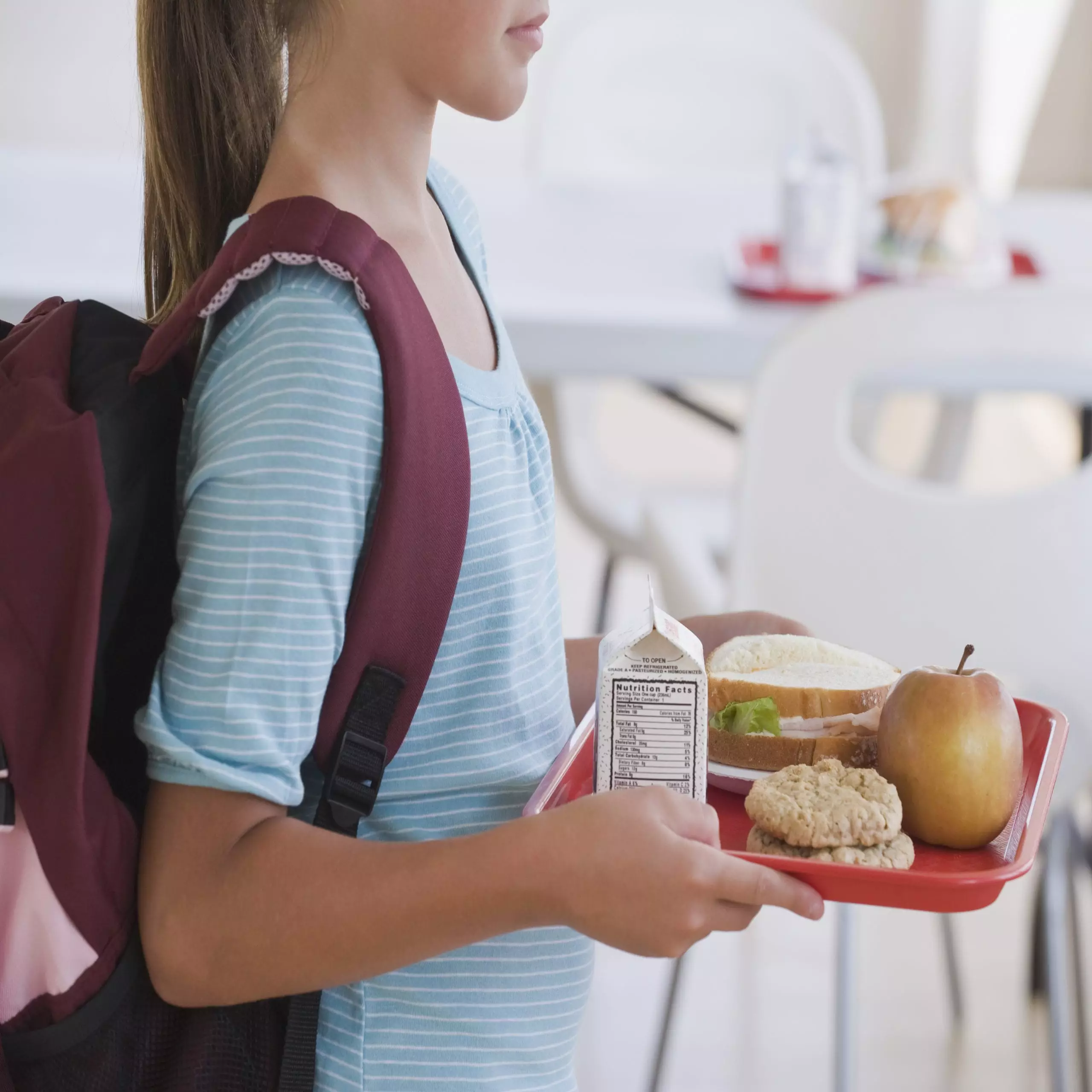The modern era’s reliance on plastic products has pervaded every aspect of our daily lives, from the common household items we use to the materials our children interact with in schools. While plastic was once lauded for its convenience and durability, experts are raising alarms regarding its potentially harmful effects on health—especially for our children. Dr. Manasa Mantravadi, a pediatrician and mother of three, has taken a personal and professional stand against the widespread use of plastic in children’s feeding products, highlighting the essential role of safe alternatives like stainless steel.
The Shift from Plastic to Stainless Steel: A Personal Journey
Dr. Vantravadi’s childhood memories of eating from stainless steel dishes shaped her perspective on feeding her own children. After the American Academy of Pediatrics (AAP) issued guidelines warning of the dangers plastics pose to children’s health, she was stirred to action. When Dr. Mantravadi discovered that over 80% of children’s feeding products on the market are plastic-based, she recognized an urgent need for reform. Her experience, bolstered by insights from her Indian heritage, catalyzed the development of her company, Ahimsa, which seeks to provide sustainable, stainless steel options for families.
Dr. Mantravadi’s narrative sketches a profound truth that many parents overlook: as convenient as plastic products may seem, they come with hidden dangers. It’s imperative to explore the elements that put children at risk—starting with the myriad of chemicals that plastics leach into food, particularly when heated or worn down.
The environmental implications of plastic consumption go hand-in-hand with health concerns. The statistics are staggering: less than 10% of the plastic ever produced has been recycled, leading to mountains of waste in landfills and devastating pollution in our oceans. This pollution infringes on marine ecosystems and threatens public health as it cycles back into the human food chain. Dr. Mantravadi emphasizes the interconnectedness of these issues, urging a move not just toward healthier foodware but toward broader systemic change.
Educational institutions play a crucial role here; with approximately 34 million children participating in the national school lunch program, school cafeterias primarily poisoning the eco-system with single-use plastics raises significant concerns. Dr. Mantravadi advocates that education is a necessary catalyst for change, insisting that schools adopt healthier and more sustainable practices.
Currently, the U.S. Food and Drug Administration (FDA) provides minimal oversight concerning food-related materials, with many regulations based on scientific understanding from decades ago. This outdated perspective poses a real threat to children’s health, as organizations like the World Health Organization and professionals in pediatric environmental health caution against using plastic altogether. Replacing plastic with safer alternatives like glass or stainless steel is not just a suggestion; it’s a matter of public health.
Parents are left questioning the safety of products designed for their children. Dr. Mantravadi provides vital tips for parents opting to use any plastic products: avoid items with recycling codes 3, 6, or 7; do not expose them to heat; and replace any that are scratched or discolored. However, these measures only touch the surface of the larger problem, underscoring the need for systemic change and improved regulations surrounding children’s feeding products.
The Movement for Change: Empowering Families
Dr. Mantravadi’s commitment to transitioning families away from plastic products extends beyond just her company, Ahimsa. She implores parents to get involved politically, advocating for the Break Free From Plastic Pollution Act, which seeks to phase out single-use plastics and establish a recycling framework. Community engagement includes contacting lawmakers, promoting educational awareness, and rallying for institutional changes within schools to adopt stainless steel utensils and varying foodware.
This ongoing movement is not just a campaign; it’s a call to action that empowers mothers, fathers, and guardians. Having templates ready for parents to reach out to schools and legislators is pivotal in building a grassroots network that demands change. It allows families to flex their collective power in advocating for a future where children are not only safe but also nurtured in a clean environment.
The connection between human health and the planet is clear—what we choose to use today impacts not only our well-being but the legacy we leave for future generations. The urgent need to eliminate plastic from children’s feeding practices requires immediate action. By embracing and promoting safer, sustainable alternatives like stainless steel, we make strides towards a healthier planet and a healthier future for our children. Dr. Mantravadi’s leadership serves as an inspiration for us all, reminding us that change is possible when individuals come together to advocate for our children and the world we share. Embrace this movement, because indeed, #ItMatters.

